VE Day stories: victory, defeat - and nice knickers
The end of WWII in Europe, remembered by those who witnessed it
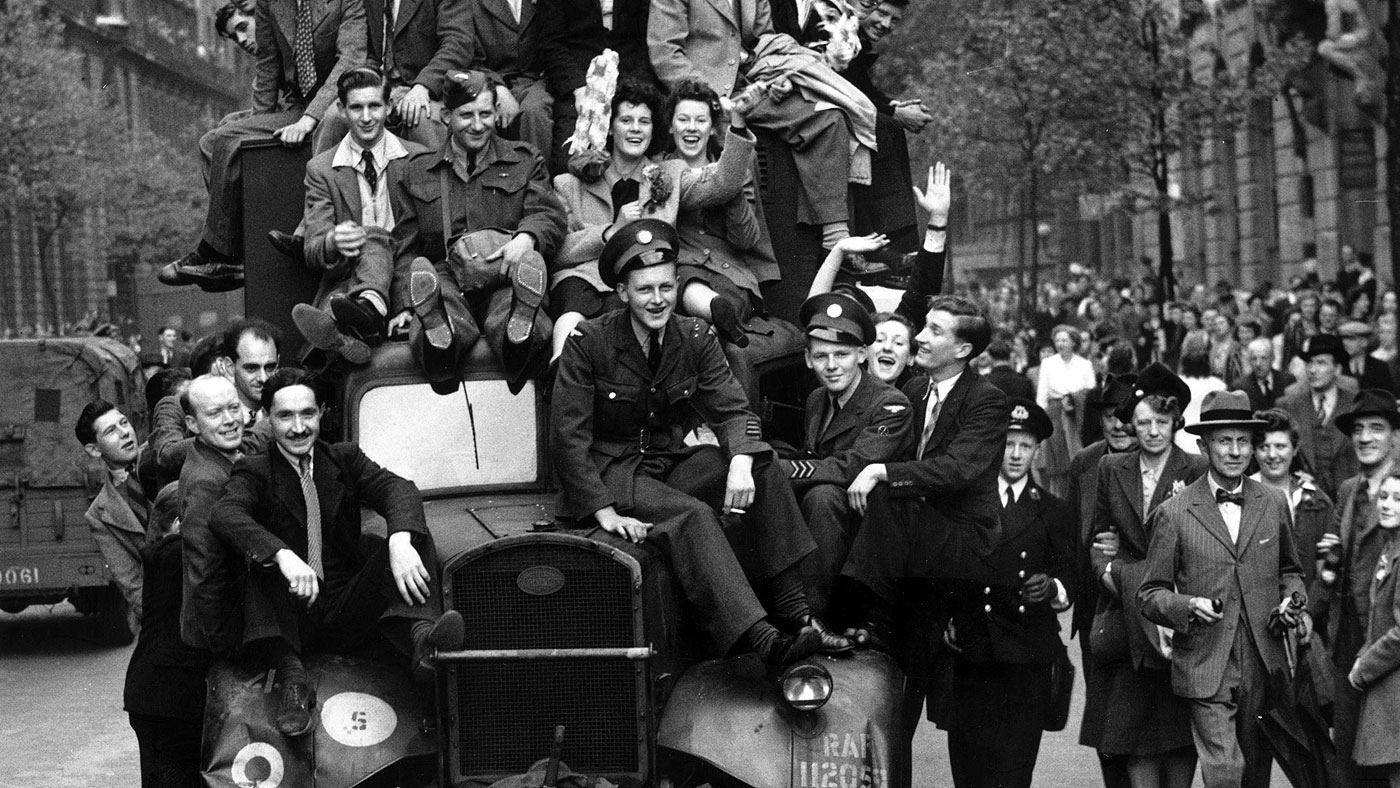
A free daily email with the biggest news stories of the day – and the best features from TheWeek.com
You are now subscribed
Your newsletter sign-up was successful
Friday is the 75th anniversary of VE Day, when Germany’s surrender brought an end to the Second World War in Europe.
Official commemorations of the historic date have been curtailed by the coronavirus outbreak - which also echoes the fear and uncertainty felt during the six-year conflict.
Alongside celebrations at home, the lockdown provides an opportunity for those who lived through the War to reflect on their experiences. While for some VE Day brought pure joy, for others the end of hostilities was a bittersweet experience.
The Week
Escape your echo chamber. Get the facts behind the news, plus analysis from multiple perspectives.

Sign up for The Week's Free Newsletters
From our morning news briefing to a weekly Good News Newsletter, get the best of The Week delivered directly to your inbox.
From our morning news briefing to a weekly Good News Newsletter, get the best of The Week delivered directly to your inbox.
Star turn
Robert Garner was with the British Army in France, recovering from a near-fatal bullet wound to the neck, in May 1945. “I was still under a lot of medication,” Garner, now 94, tells The Times. “The sergeant-major came up to me and said, ‘You’re going to London.’ I said, ‘What for?’ And he replied, ‘You’re going to be part of the victory parade - the War is over.’”
He and a few other soldiers had been chosen for a “victory truck” that would make its way past cheering crowds in Trafalgar Square, along the Mall and past Buckingham Palace. For Garner - a private in 1st Battalion, the Suffolk Regiment - the highlight was seeing the future Queen.
“She was in her ATS [Auxiliary Territorial Service] uniform on the parade route and was sitting on the bonnet of a War Office vehicle,” he says. “We went by in the truck and I said, ‘Look, there’s Princess Elizabeth,’ and we all waved.
A free daily email with the biggest news stories of the day – and the best features from TheWeek.com
“They were all going to whistle and I said, ‘Don’t do that, we’ll get into trouble.’ But she waved back at us. We were very pleased - we realised who it was because she was so elegant.”
Missed opportunity
Elsie Sharpe of the Wrens, or Women of the Royal Navy Service, missed the big VE Day celebrations because she was “on a charge” after getting back late to her camp in Blackpool, having missed her bus and being forced to make the five-mile journey by foot.
“I had to sit near the exit while they were all going out to parties,” she tells BBC Radio Manchester.
It was a chance to reflect on what might have been - particularly the missed opportunity to meet American soldiers.
“If we went out with our lot, nothing against them but you had to climb in lorries,” she says. “You would put your nice knickers on, but you had to put navy ones over the top because of all that climbing in lorries. Whereas with the Americans, they put on nice transport and you didn’t have to do that sort of thing.”
Victory delayed
For some other members of the Armed Forces, the victory parties seemed even more remote. “Millions of Britons were still away from their homes, including about 400,000 men serving in India and Southeast Asia, and tens of thousands more with the huge British fleet now serving alongside its vastly more powerful American allies in the Pacific,” says Daniel Todman, professor of modern history at Queen Mary University of London, in an article for The Guardian.
“The war with Japan was then expected to last about another 18 months. The prospect of further service in the Far East loomed over those who had just fought in Europe, and those already in action against the Japanese had little reason to celebrate.
“As one soldier, recording a filmed message to his family from Burma, put it: ‘Take a good look at me, you’ll not be seeing me for a long time.’”
On the other side
In Germany, people were coming to terms with defeat. “We were at rock bottom and everything was kaputt,” Jorg Sonnabend, who was 11 on VE Day, tells The Times. “We still had hope that some miracle would happen. We had grown up in the Nazi era and we didn’t know any different.”
He describes complicated emotions: hope, fostered by Nazi leaders, of a miraculous victory, as well as fear of Russian atrocities and uncertaintainty about what would happen next.
“We were happy about the War being over in the sense that we could sleep again because there were no more air raids,” says Sonnabend, who for weeks had spent his nights in a public air-raid shelter with his mother in the west of Berlin. “But I can honestly say that no one at that time felt that what was happening was a liberation.”
Better late than never
Ian Severn was also uncertain about what the future held, for two reasons. As a six-year-old in the Derbyshire village of Somercotes, the War was just the “normal” state of things for him - and, more pressingly, “at the point of victory I was struck down with scarlet fever”.
He tells Radio Times: “My lasting memory is seeing my parents looking desperately anxious outside No. 25, an illuminated V for victory sign improvised from Christmas lights shining in the front window, as the ambulance doors closed and off I went for what turned out to be six weeks’ quarantine in a wholly new and altogether strange environment. For me, VE Day had definitely been deferred!
“What a homecoming I had after those six long weeks in hospital... I was led in at the front door which opened straight into the front room - always, reserved for special ‘family events’.
“Everyone who mattered was there, and I clearly remember the tears in my grandma’s eyes as they all fussed around. I felt like a king but above all, just overjoyed and grateful in my six-year-old way to be home again.”
-
 Quentin Deranque: a student’s death energizes the French far right
Quentin Deranque: a student’s death energizes the French far rightIN THE SPOTLIGHT Reactions to the violent killing of an ultra-conservative activist offer a glimpse at the culture wars roiling France ahead of next year’s elections.
-
 Secured vs. unsecured loans: how do they differ and which is better?
Secured vs. unsecured loans: how do they differ and which is better?the explainer They are distinguished by the level of risk and the inclusion of collateral
-
 ‘States that set ambitious climate targets are already feeling the tension’
‘States that set ambitious climate targets are already feeling the tension’Instant Opinion Opinion, comment and editorials of the day
-
 Garrett Graff's 6 favorite books that shine new light on World War II
Garrett Graff's 6 favorite books that shine new light on World War IIFeature The author recommends works by James D. Hornfischer, Craig L. Symonds, and more
-
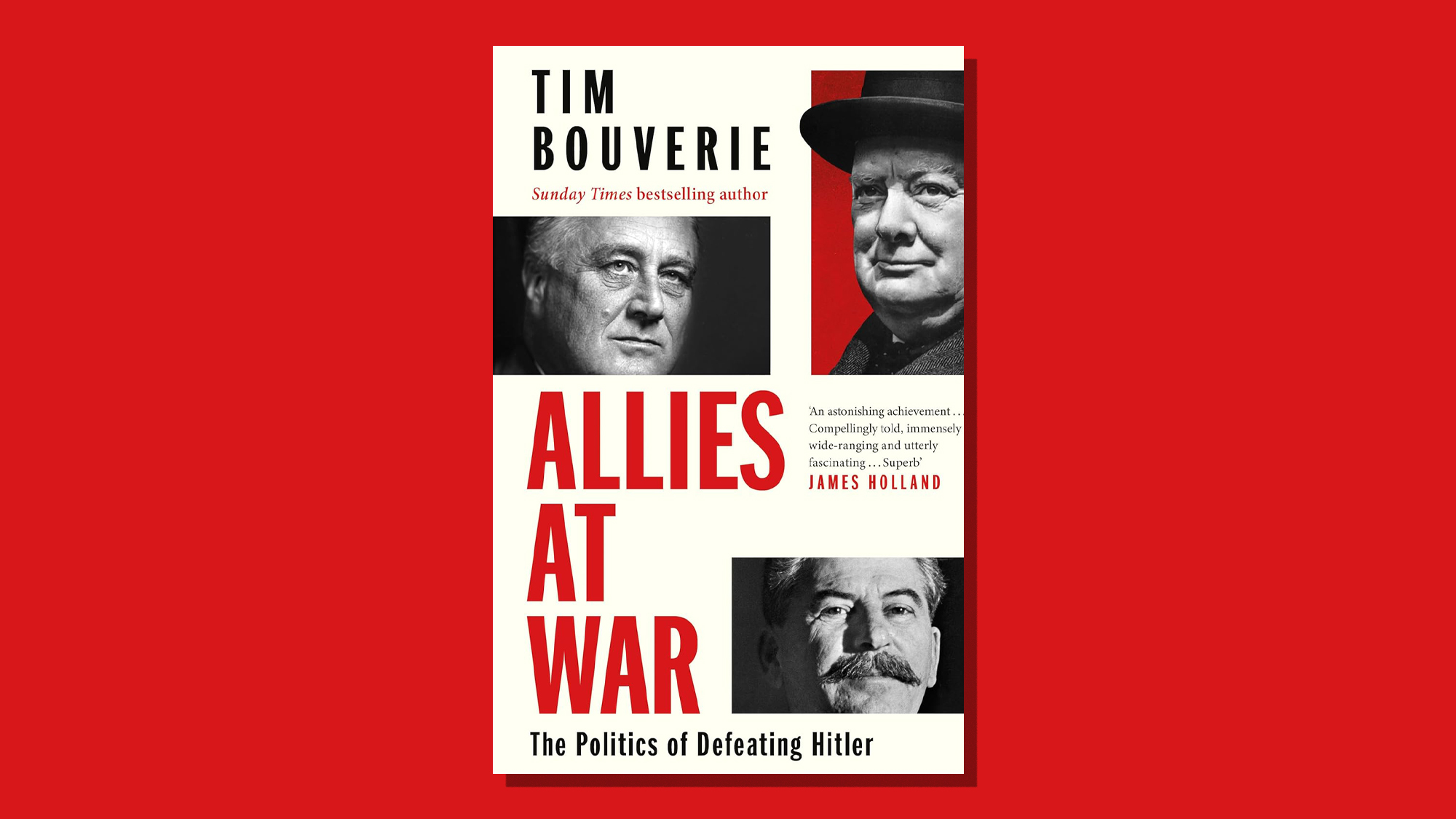 Allies at War: a 'revelatory' account of the Second World War
Allies at War: a 'revelatory' account of the Second World WarThe Week Recommends Tim Bouverie's 'old-fashioned diplomatic history' explores the often fraught relationship between world powers
-
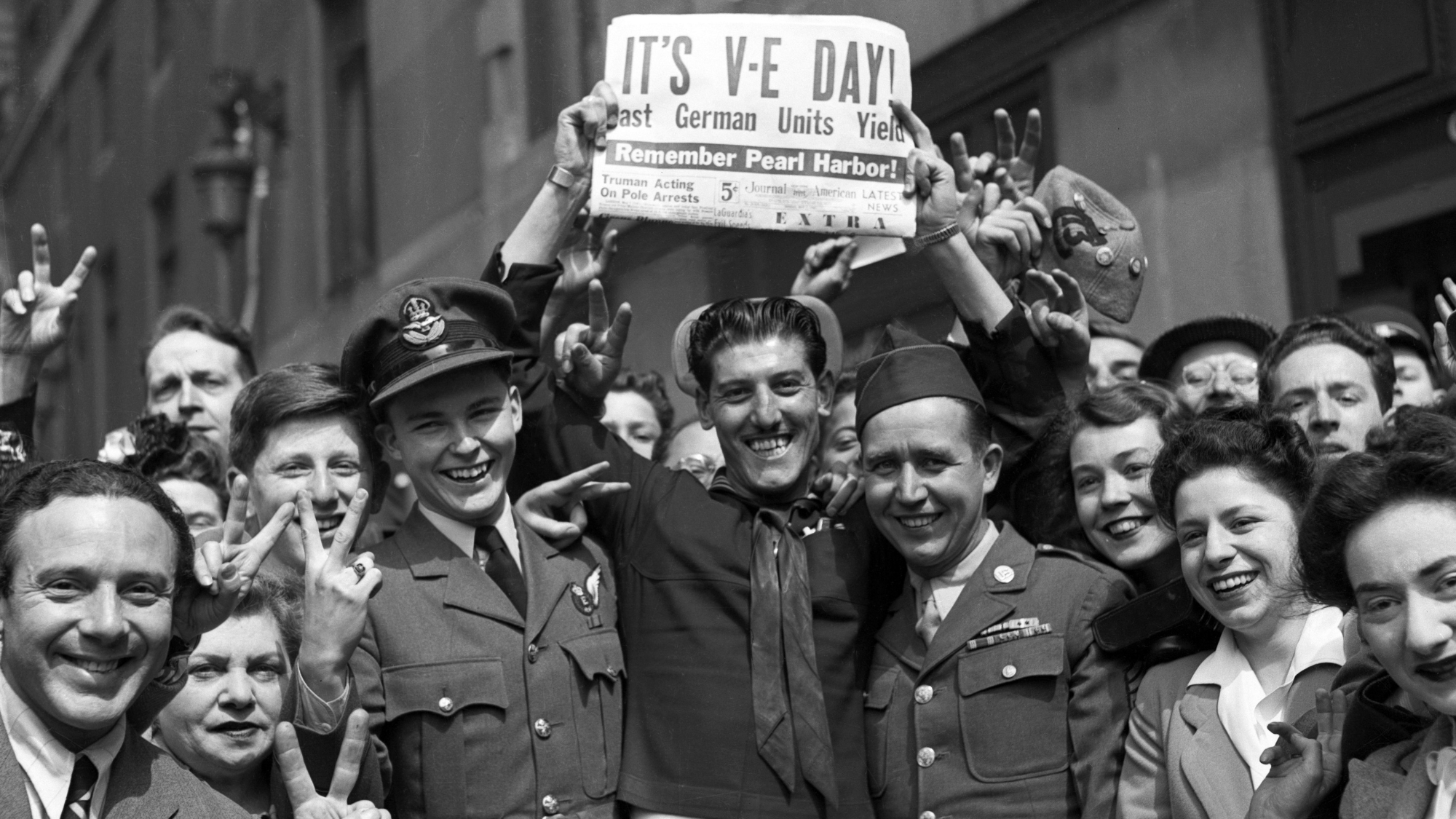 Celebrations to mark 80 years since VE Day
Celebrations to mark 80 years since VE DayThe Week Recommends Events will be taking place up and down the country, from parades to street parties
-
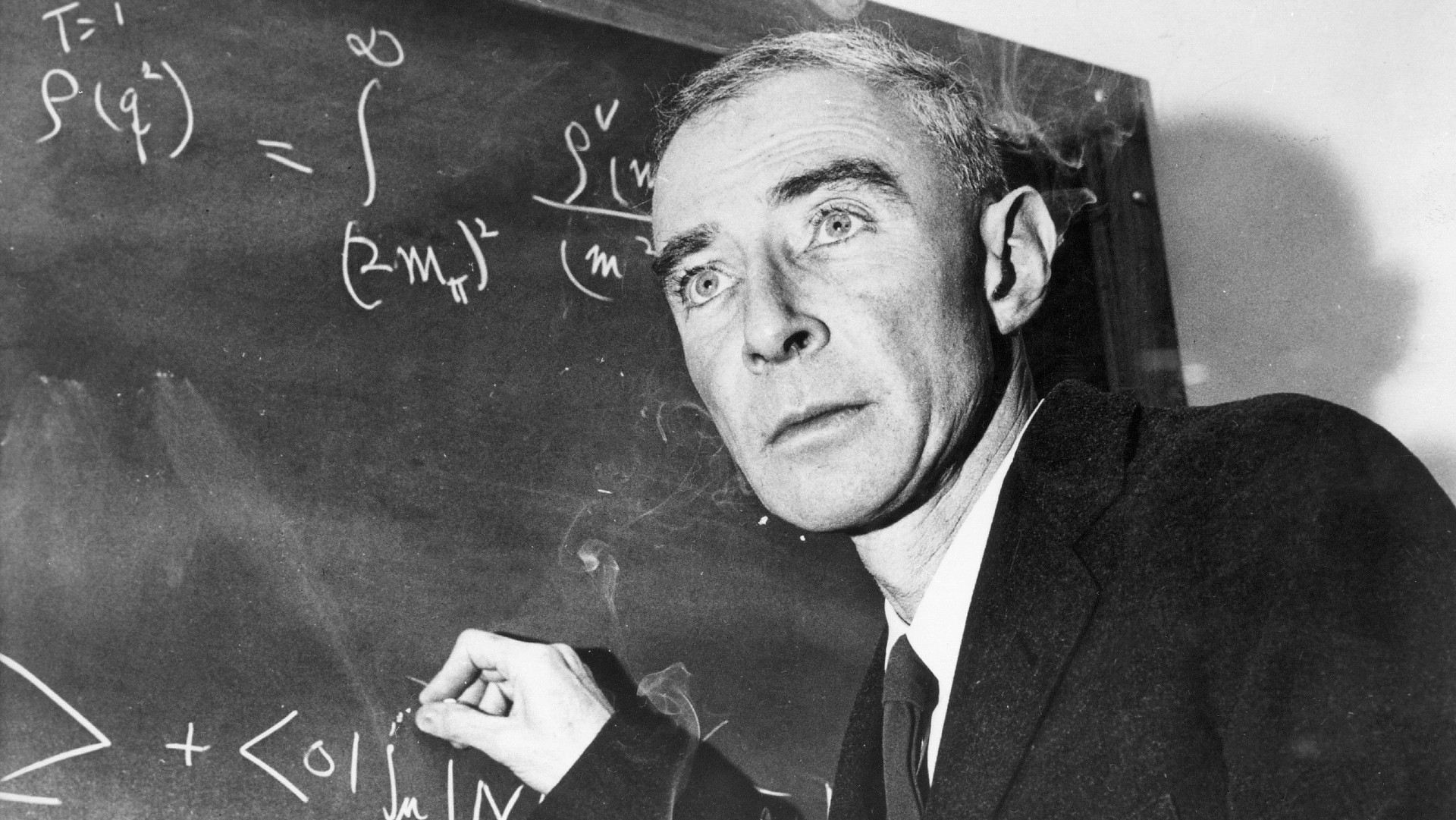 J. Robert Oppenheimer: the real ‘father of the atomic bomb’ at centre of new blockbuster
J. Robert Oppenheimer: the real ‘father of the atomic bomb’ at centre of new blockbusterIn the Spotlight The physicist who led the Manhattan Project has become a martyr for some but his legacy is more complicated
-
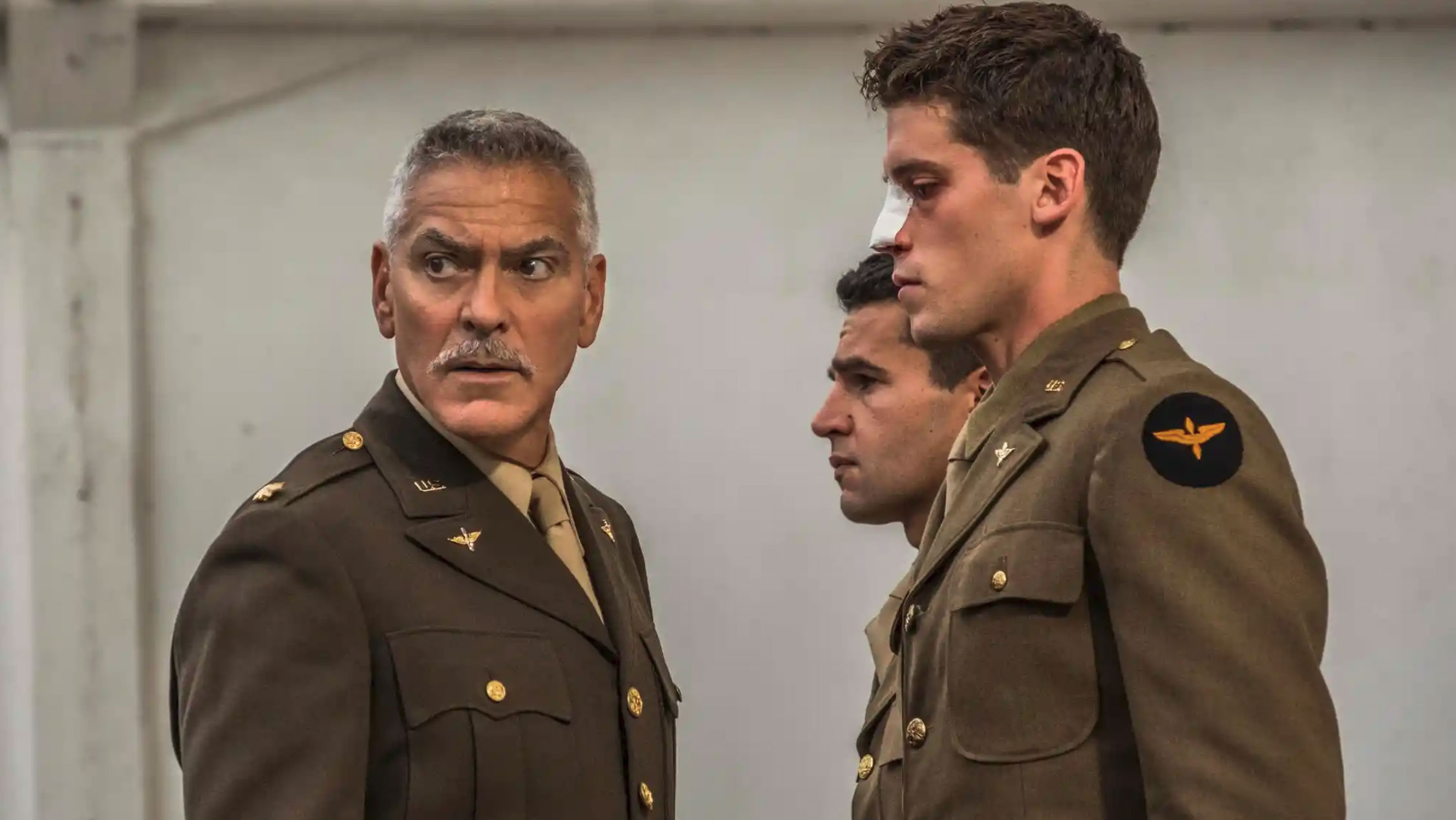 Catch-22 and five other must-read Second World War books
Catch-22 and five other must-read Second World War booksIn Depth George Clooney’s TV adaptation of Joseph Heller’s novel begins on Channel 4 tonight
-
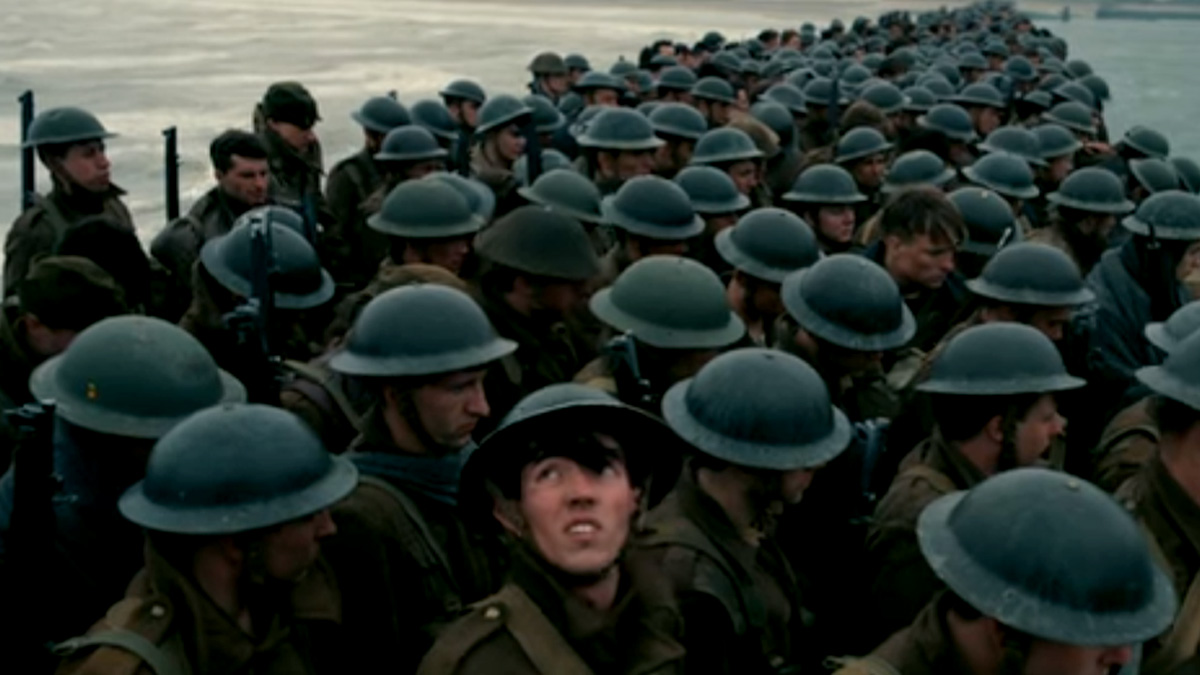 Dunkirk: New trailer is out - but where is Harry Styles?
Dunkirk: New trailer is out - but where is Harry Styles?The Week Recommends One Direction star missing in action from first glimpse of Christopher Nolan's nail-biting war drama
-
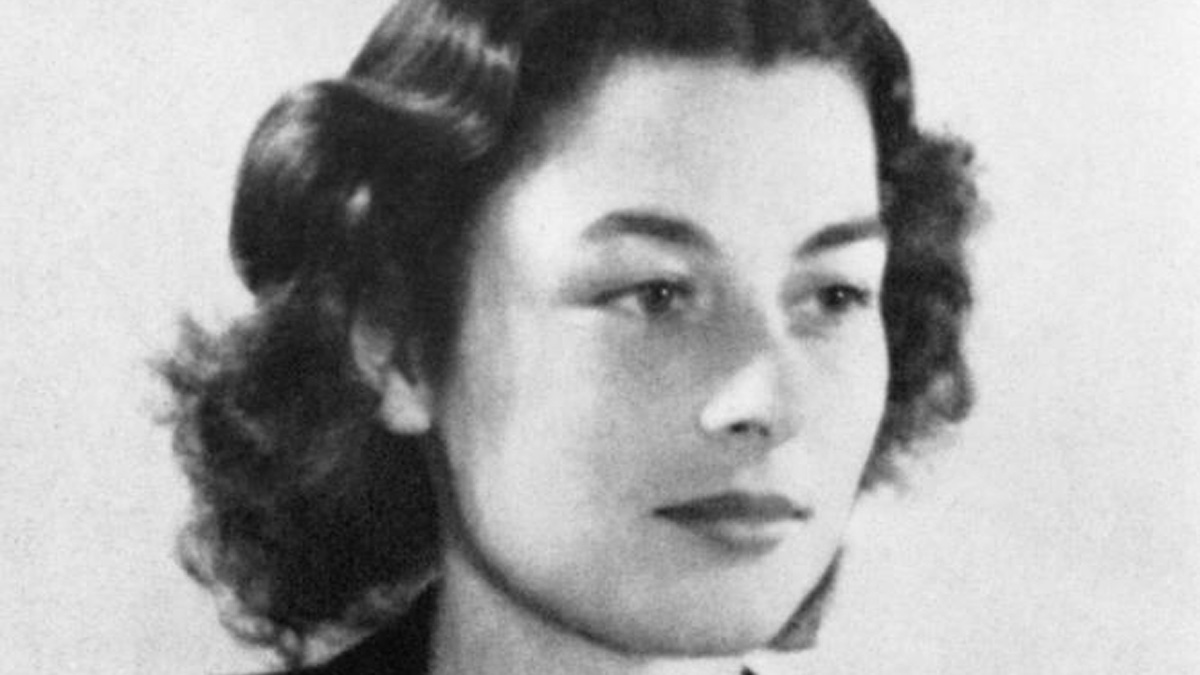 Violette Szabo: how WW2 heroine earned her George Cross
Violette Szabo: how WW2 heroine earned her George CrossIn Depth Medal was awarded for daring spy missions immortalised in the film Carve Her Name With Pride
-
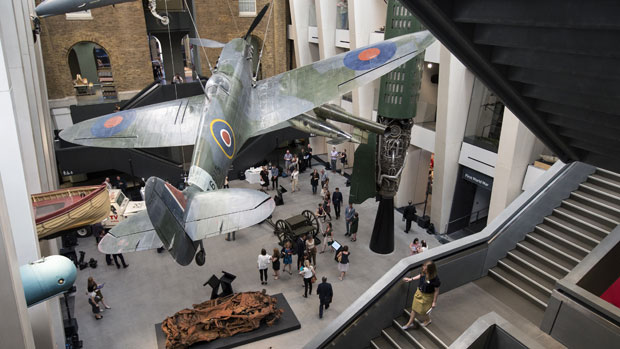 New Imperial War Museum is spectacular and heartbreaking
New Imperial War Museum is spectacular and heartbreakingIn Depth 'Fascinating and frequently heartbreaking' exhibits make up for more 'adult' transformation